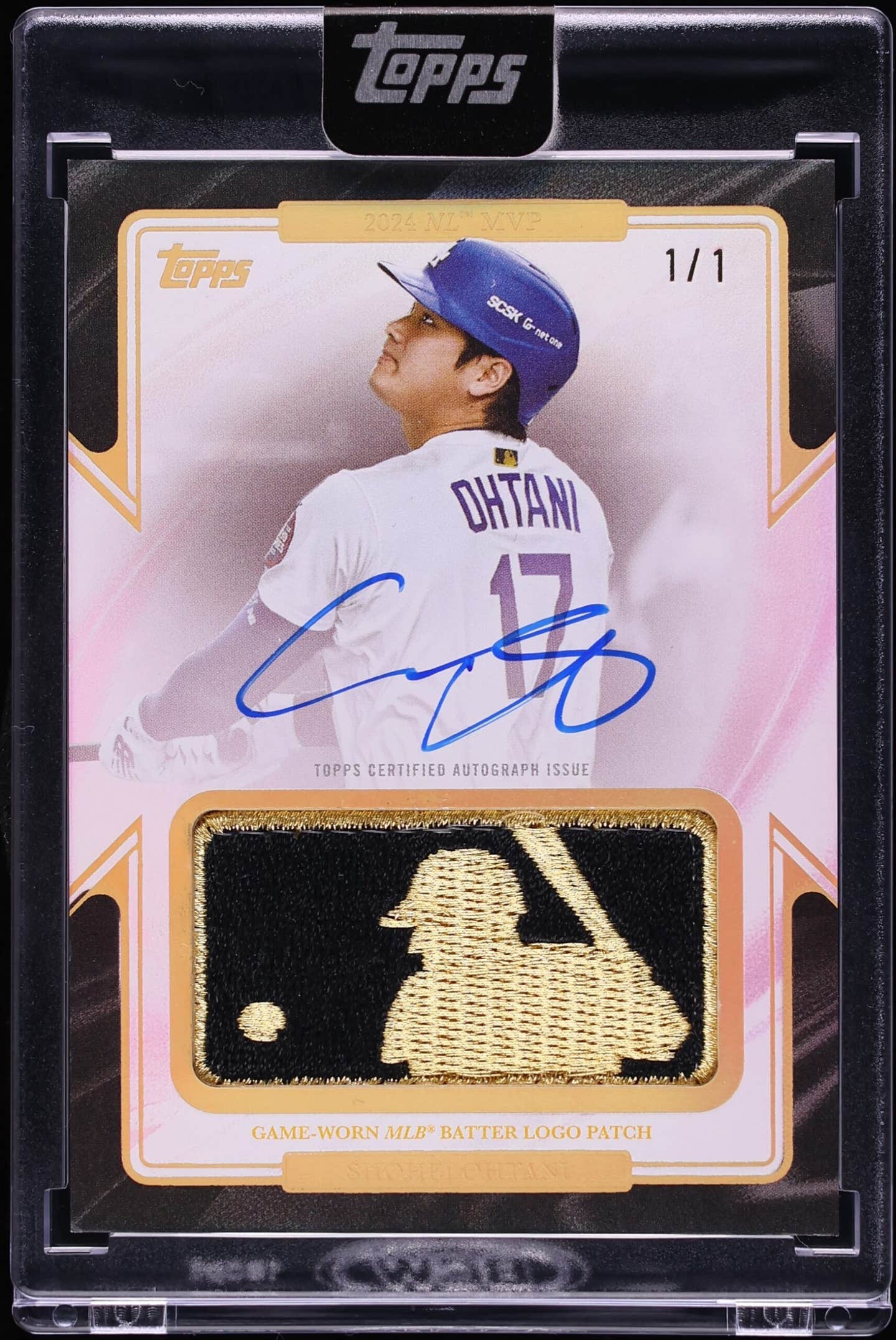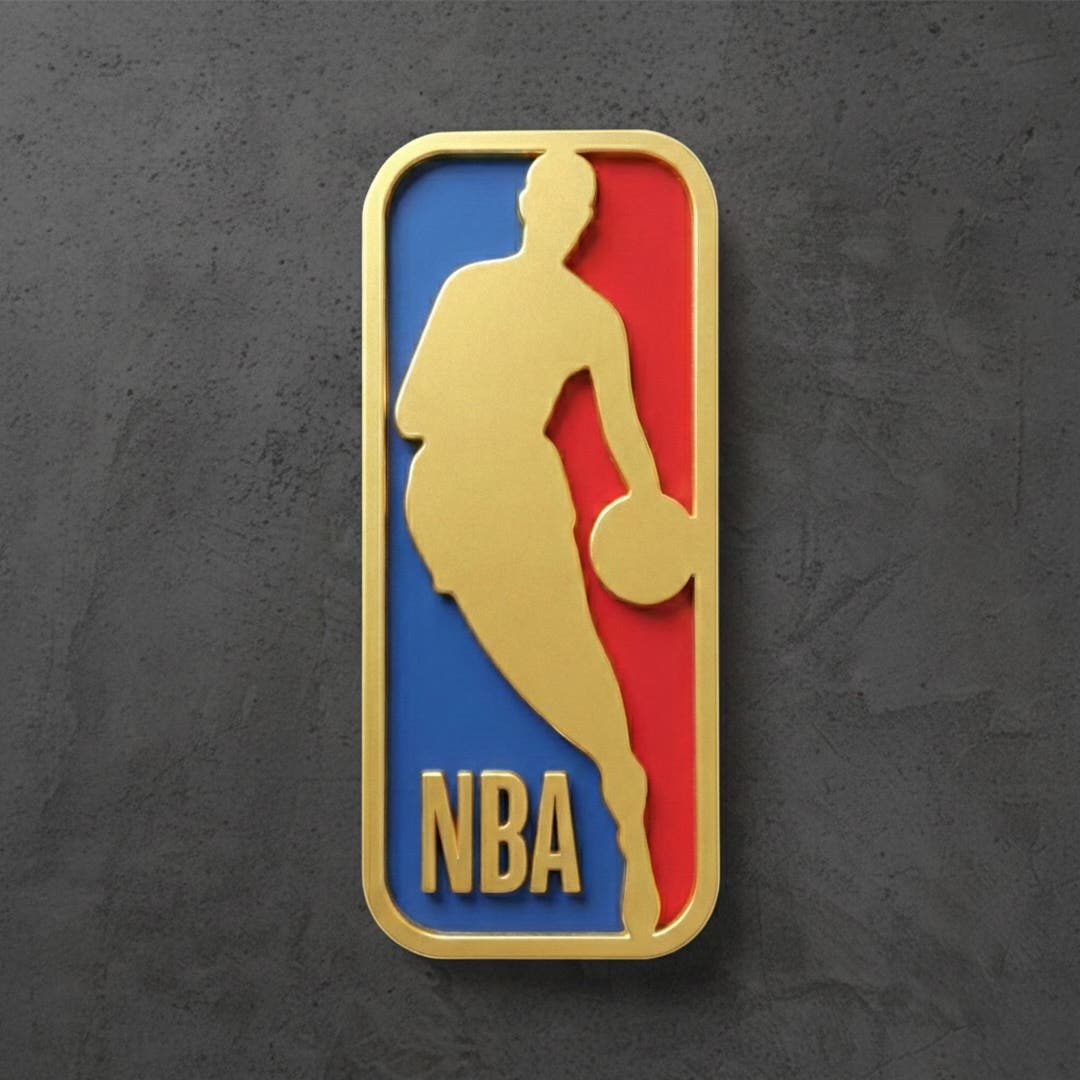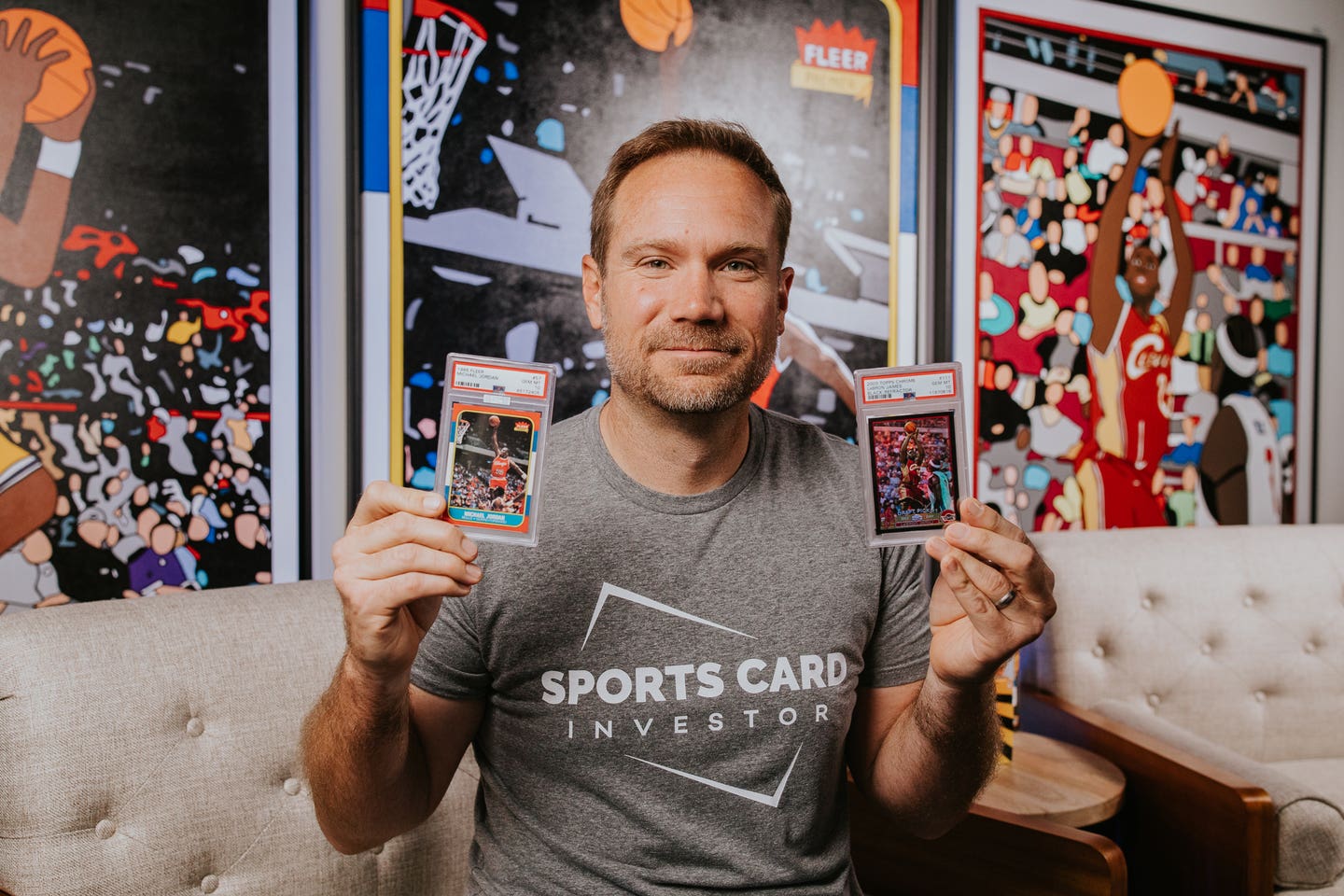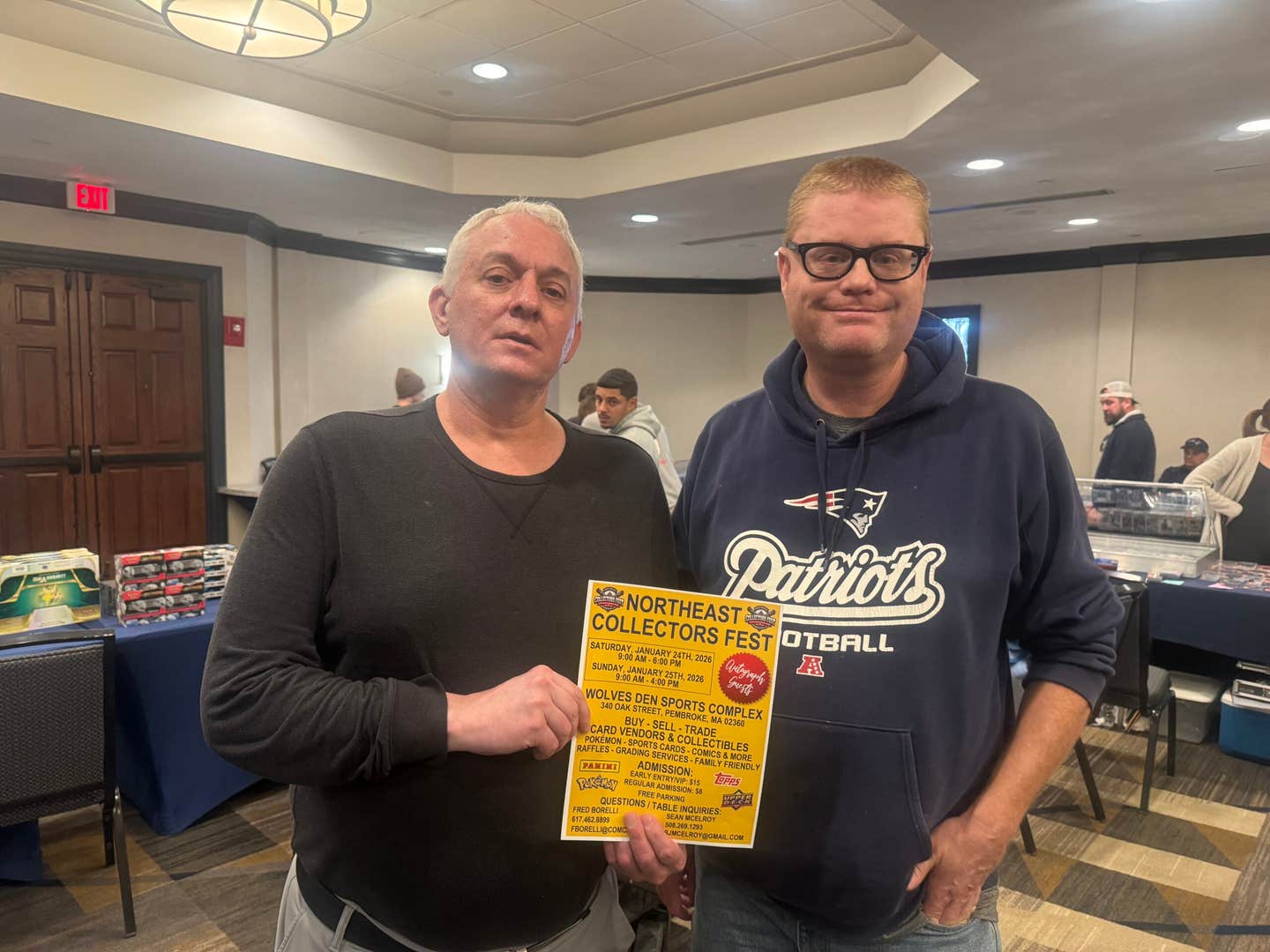News
Ripken and Gwynn legacy, plus Aaron’s rule
Seeing all the wire stories this past week about Cal Ripken and Tony Gwynn taking their pre-induction tours of the Hall of Fame reminded me about what an extraordinary moment the actual enshrinement must be. I allude, of course, to virtually any ballplayer you might want to name, though of course the subject this year is those two.
I can’t think of any ballplayers from their era who have consistently shown an appreciation and reverence for the game of baseball than Ripken and Gwynn, so one supposes that their wonderment and awe at this private tour was about as genuine as can be. Gwynn's attachment to the iconic Ted Williams is well know, and obviously in Ripken’s case, that probably manifests itself with his historical linkage to Lou Gehrig, so it is inevitable that he will be linked in immortality with the Iron Horse just as he was during the latter part of his playing career. Ripken’s enthusiasm for the game of baseball and its history is refreshing and laudable, but it also reminded me of another upper-rung HOFer who has proved to be a Cooperstown MVP in the memorabilia department.
“I didn’t save anything from when I played, and anything that I ever won is in Cooperstown,” Henry Aaron told me in an interview a couple of years ago. That remembrance popped up as I was writing a feature story for the July issue of our sister publication, Tuff Stuff magazine, that features Hank on the cover and includes the interview inside and another article looking at the tortured fate of Aaron’s final home run ball.
And he’s not kidding about Cooperstown having “anything that I ever won.” The list of Aaron artifacts at the Hall of Fame is incredible: his 1957 MVP Award and World Series ring; all three of his Gold Gloves; bats from milestone home runs, including Nos. 500, 600 714, 716; his 3,000th-hit bat; more than a dozen milestone home run baseballs, including Nos. 500, 600, 700, 714 and 716; jersey and pants from No. 715; his shoes from Nos. 714, 715 and 716; his cap from No. 600; and third base from No. 715.
In a day and age when so many ballplayers wind up placing their artifacts in major auctions, it’s almost inspiring to see a donation to the Hall of Fame of such magnitude. “Henry has been very gracious and amazingly generous,” is the way Brad Horn, HOF communications director put it.
Horn said that the many of the Aaron pieces have come in over a number of years, and that his major awards were donated 20 years ago, roughly five years after Aaron’s induction. A number of the milestone baseballs came from other private collectors, but combined with Aaron’s generosity, have helped make the Aaron presence at the Hall nothing short of spectacular. “He is a player who wanted his legacy preserved here,” Horn added, noting that Aaron is among the most comprehensively represented players in the Hall.
* * * * * *
As much as I admire Ripken and all that he accomplished over the years, I don’t suppose I will ever be able to shake the notion that the whole consecutive games streak was given a prominence well beyond what should have been accorded.
This hasn’t graduated all the way to being a pet peeve; I would save that appelation for a similar bit of heroics: the hitting streak. What Ripken managed to do over the course of 15-plus years was extraordinary and certainly a marvelous testament to his work ethic, his durability and his dedication to the game, but ultimately a bit overblown because the point of the game is winning, not simply showing up for work.
Still, as I noted above, I get a lot more worked about hitting streaks, which are, in my opinion, little more than a parlor trick that was elevated to mythic status by one Joseph Paul DiMaggio. What the Yankee Clipper pulled off that extraordinary summer was an MLB curiosity that was as much the result of timing and the power of the New York media as it was one of the great feats in the history of the game.
It says here that what Ted Williams accomplished in that remarkable 1941 season was more significant than what Joe did. Here’s the rub: getting a hit in consecutive games doesn’t necessarily benefit the dominant agenda item of winning. Would you rather manage a team with a .276 hitter who somehow managed to discreetly sprinkle those hits out one per game for 30 or 40 games, or a guy who hit .380 but somehow managed to go hitless right smack dab in that hypothetical 40-game stretch.
And I know it’s considered heresy to question the legitimacy of one of the most legendary “accomplishments” in baseball history, but there it is. And I also know that as quixotic undertakings go, trying to convince baseball fans that Joe’s 56-game streak was no big deal ranks right up there on the futility scale.








